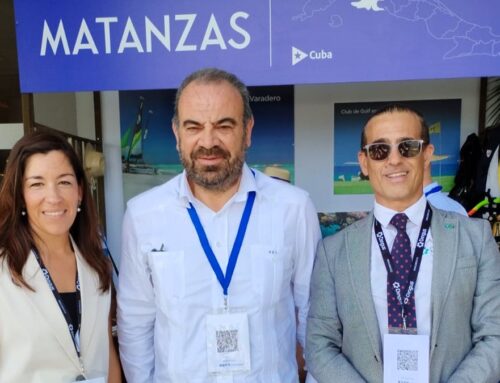- The last webinar organised by Dingus with our partners PAYCOMET and BinauraMonlex dealt with the implementation and adaptation in the tourism sector, especially in the hotel sector, to the new EU regulation.
Most of us already know that PSD2 is a European regulation on digital payment services, in force since January 1st… and little else. But a few days ago, at Dingus, we tried to help players in the tourism sector in general and the hotel sector in particular, to find out how to manage its implementation and adaptation, with the impact on their business that it represents.
We did not do it alone. In the session, which was attended by more than a hundred participants, we were able to expand the information from a legislative point of view, deadlines, processes and provisions with the lawyer of New Technologies of BinauraMonlex, Guillermo Caro Arteaga. In his presentation he recalled that “it only applies to transactions initiated by the customer, the issuing and receiving bank must be located in the European Economic Area, so both the buyer and the merchant must be in that EEA environment, and purchases of less than €30 are exempt unless there are five or more consecutive attempts that add up to more than €100”.
From PAYCOMET, on a more technical and operational level, its commercial director Carlos J Sánchez Lera reminded hoteliers that “the change towards a booking model where pre-authorisation of the card will be essential” and spoke of “card tokenisation as a great ally in data security, in compliance with PCI regulations” and of MIT (Merchant Initiated Transaction) operations “to guarantee payment in the event of ‘No Show’ situations, cancellations or additional charges”.
In DINGUS‘ turn, Paula Servera explained why we created the Book&Payment secure payment platform and the changes introduced in compliance with PSD2 for both customer present and deferred payment. She also discussed the differences between EU and UK cards and non-EU cards in the authentication process.
If you want to know the full content of the online meeting, click here and access the recording. We are sure that by the end you will have a much clearer understanding of the regulations and how a hotel can operate on a day-to-day basis to collect bookings and comply with the legal provisions in force.












